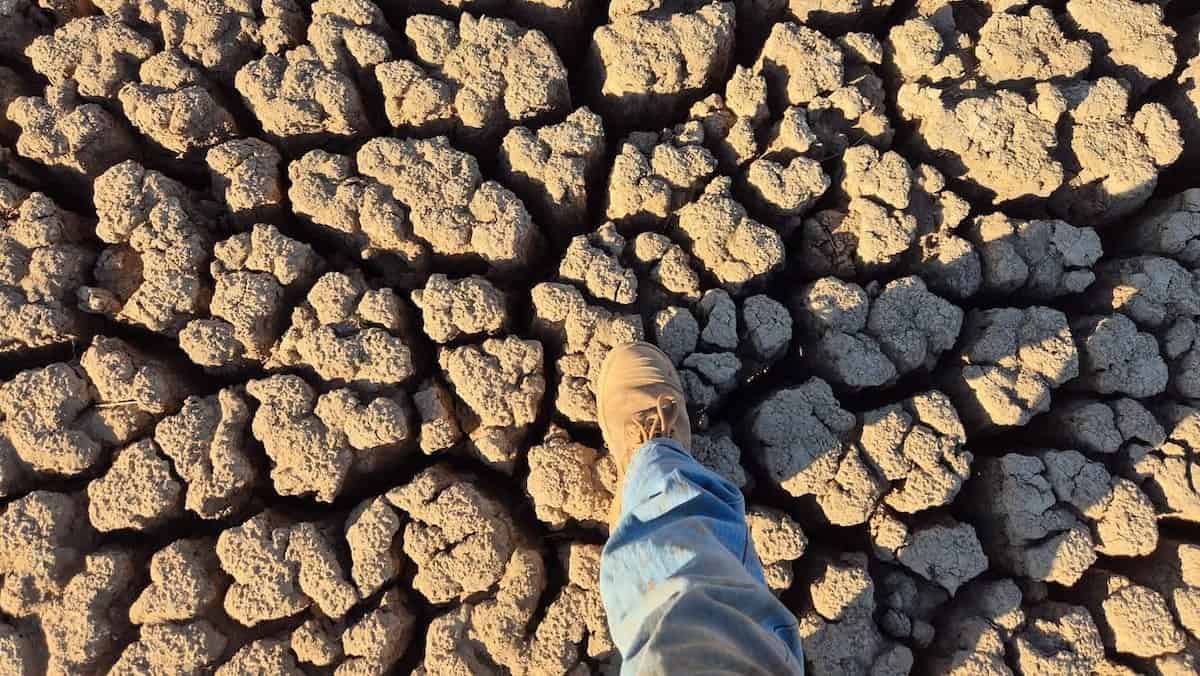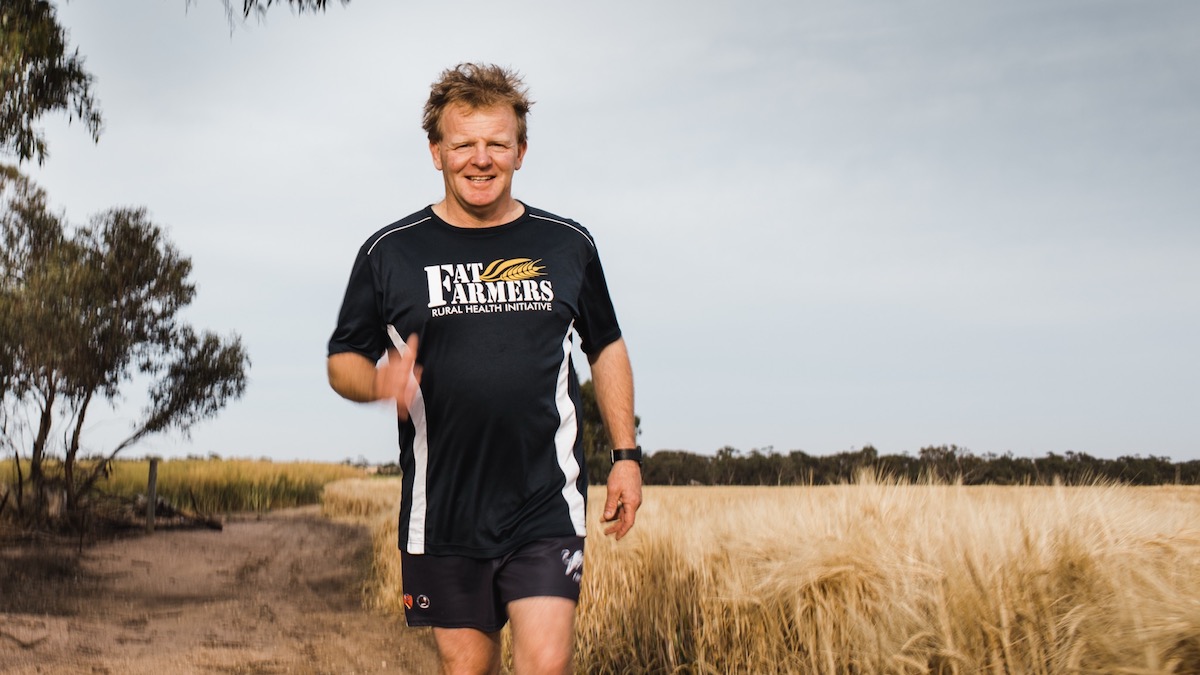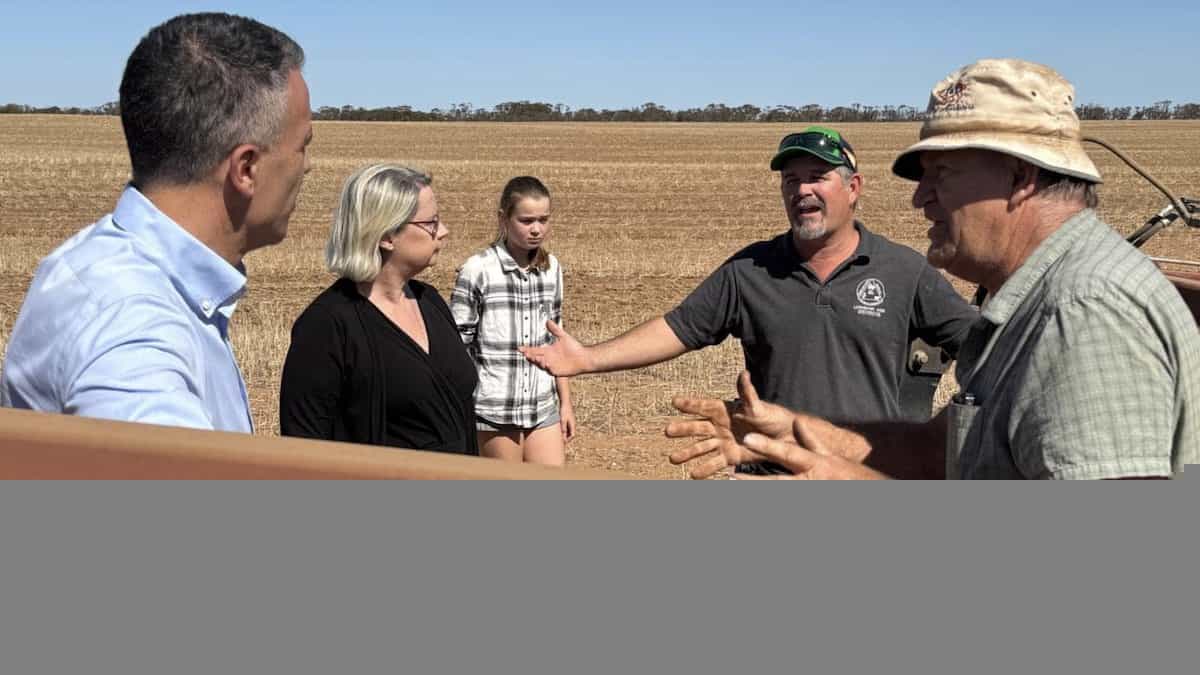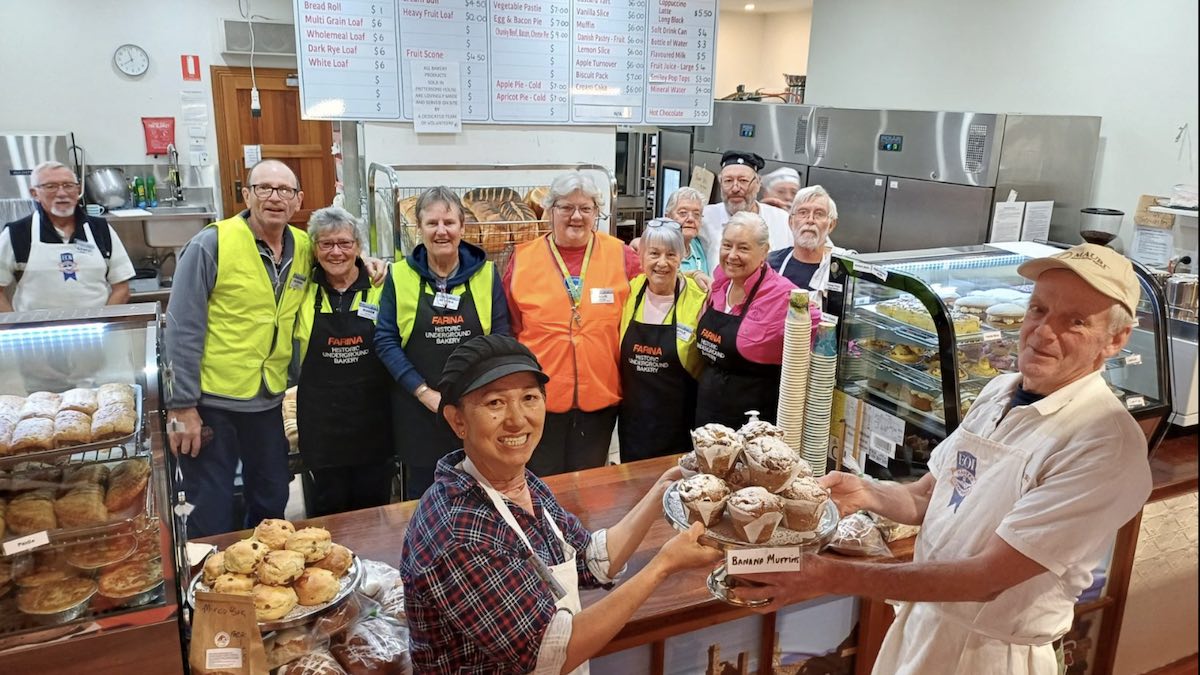$55 million in new funding support for drought affected farmers across SA
The State Government has announced a further $55 million package of comprehensive assistance to support drought affected farmers and struggling communities across South Australia.
The new measures bring total state support to $73 million and follow direct consultation with industry bodies and producers in a “roundtable” meeting hosted by Premier Malinauskas last week.
Most of South Australia is experiencing drought conditions, with some regions dealing with their lowest rainfall on record. Even if the drought were to break, its impacts will continue for many months or years.
Livestock SA, Grain Producers SA and Primary Producers SA have all welcomed the extended drought assistance and the recognition of the critical and ongoing challenges being faced across the state.
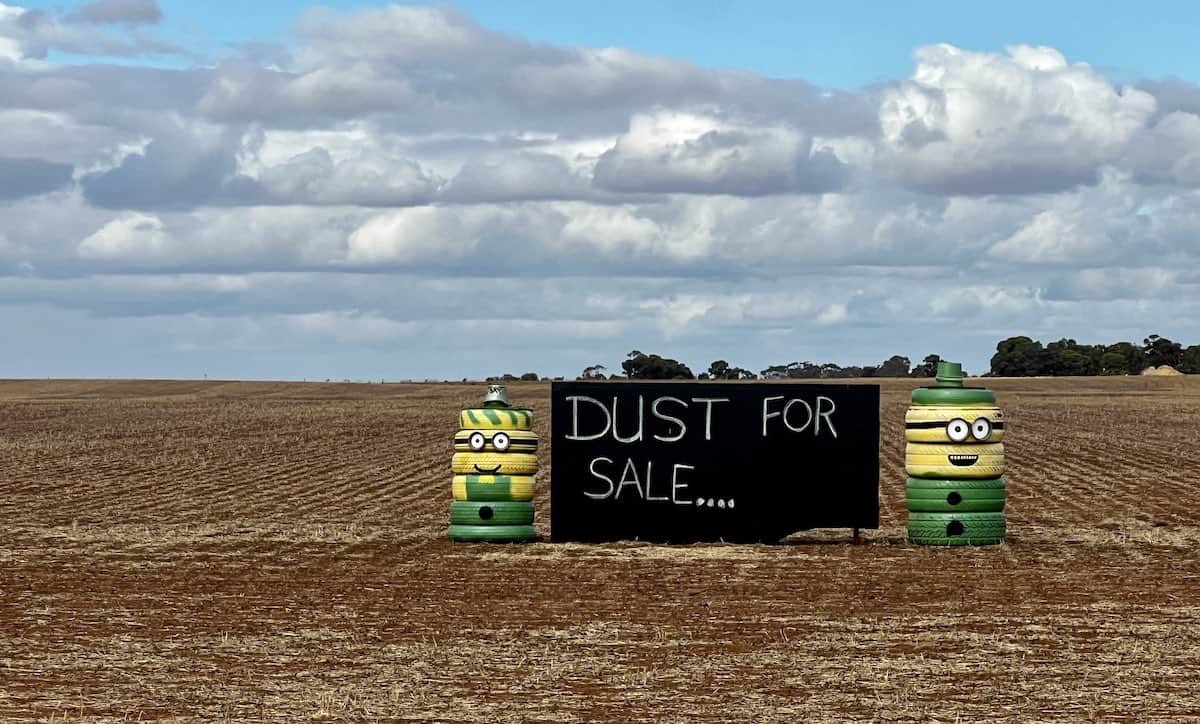
Gillan Fennell, Livestock SA Chair, said the support package is a significant step in helping producers manage the pressures of ongoing dry conditions while laying the groundwork for longer-term recovery. He said the organisations advocacy efforts had clearly influenced the package.
“It is a testament to the fact that the Malinauskas Government has listened, and we appreciate the Premier’s visit to trough-affected regions to hear directly from producers on the ground.”
Simon Maddocks from Primary Producers SA, said South Australia’s $18.5 billion primary industries and agribusiness sector is a vital engine of economic growth and a cornerstone of the state’s prosperity.
“These targeted measures will deliver much-needed, comprehensive support to farming families and rural communities, helping to ease the economic and social pressures caused by the prolonged drought affecting much of the state,” he said.
New assistance measures in the package include:
- A further $13 million for On-Farm Drought Infrastructure Grants for rebates that assist with projects to manage drought conditions and strengthen drought preparedness.
- An additional $4 million to assist charities with freight costs to transport donated fodder to assist farmers with feeding livestock.
- Immediate financial relief by providing rebates for Emergency Services Levy and commercial vehicle registration fees for primary producers receiving the Commonwealth’s Farm Household Allowance.
- $2.5 million for an immediate and comprehensive strategy to boost mental health and resilience in drought affected areas.
- $1 million for Rural Financial Counselling Support.
- $3.5 million in additional supports for Rural Small Businesses.
- $3.1 million to assist with culling pests and manage kangaroo populations.
- $4.5 million to support producers with the implementation of electronic identification (eID) for sheep and farmed goats.
- $1.4 million to co-invest with councils in the upgrade of regional standpipes.
- $1.1 million to support the provision of standpipes for critical water needs in the Adelaide Hills and Fleurieu.
- $500,000 to make bulk water available from Bundaleer and/or Beetaloo Reservoirs.
- $2 million to assist sport and recreation clubs in drought affected areas through the Active Club Program.
- $400,000 to develop and encourage new regional events in drought affected areas through the Regional Event Fund.
- $250,000 to provide financial support for country students affected by drought to attend camps and excursions.
- A further $250,000 for grants of up to $5,000 for the ‘Connecting Communities Events Program’, for groups to host events that foster social connections and provide support.
- $17.4 million for Future Drought Fund Preparedness and Resilience programs.
Premier Malinauskas said “When we announced our first drought relief package in November, I made clear that we would closely monitor the rollout of support and would not hesitate to act if needed. In the time since, the drought has not abated. In fact, things have got worse.
We cannot make it rain. But we can take practical action to support our farmers and help prepare them for the next drought.
The package I announce today is wide ranging and has been designed taking on board the direct feedback of primary producers.
It includes immediate financial relief for those doing it toughest, significant mental health supports, support for wider regional communities and businesses.
I encourage all South Australians to support our primary producers where they can.

